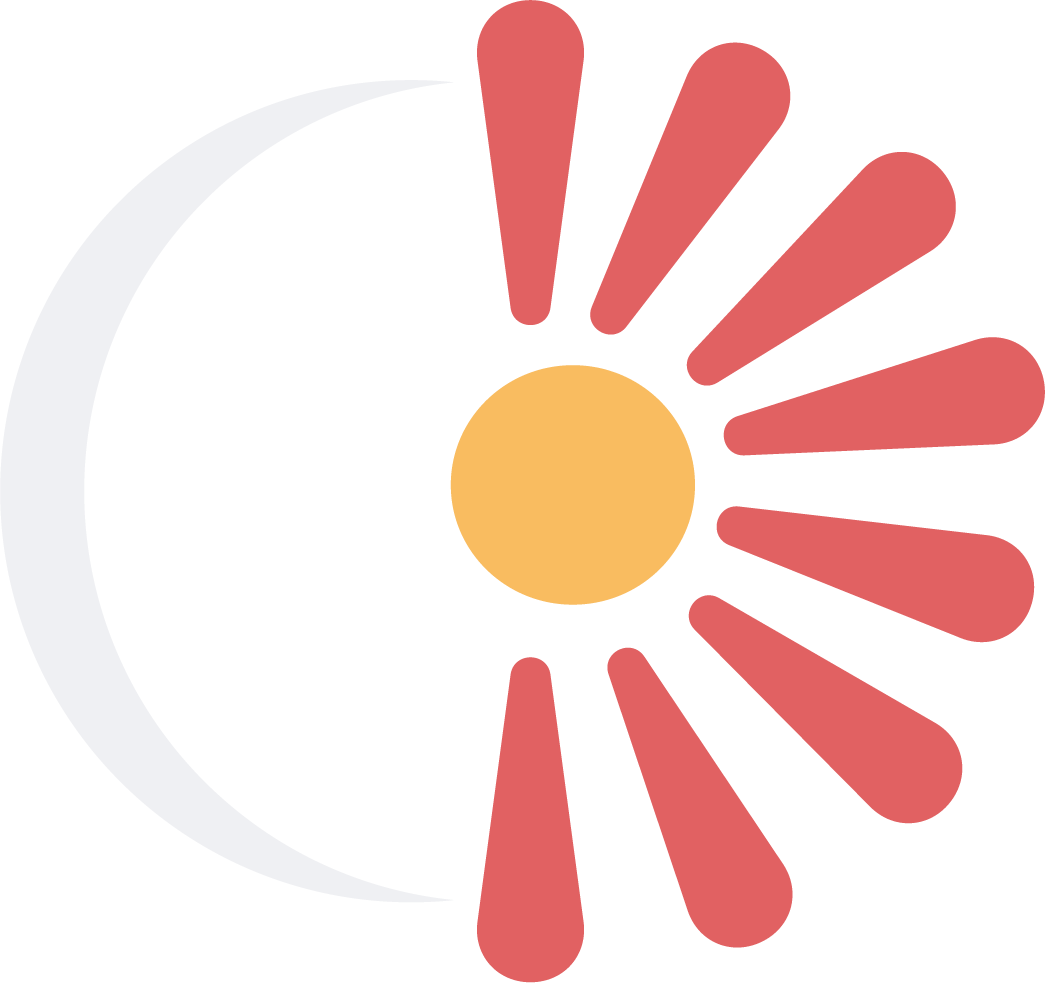
Teenagers and sleep
As children become teenagers, their body clocks change and they naturally begin to go to sleep later and awaken later. How much sleep does the average teenager need?
Teenagers in 9th and 10th grade need around 9.25 hours of sleep to position them to function at their highest levels. Juniors and seniors need around 8.5 hours of sleep. However, most teenagers only get 6.5-7.5 hours of sleep each night.
What happens if a teenager doesn’t get enough sleep?
There are multiple signs a teenager needs more sleep.
Trouble waking up in the morning
Falling asleep in class
Trouble concentrating at school or work
Moodiness and irritability
Problems with learning and memory
Slower reaction times
Drowsy driving
Treatment for sleep disorders in teenagers
Teenagers can be affected by sleep disorders such as obstructive sleep apnea, restless leg syndrome, and narcolepsy. Before attempting a sleep study, a teenager should try the following practices to experience restful, restorative sleep:
Stop using mobile devices, computers, and gaming systems at least 30 minutes before bed. The light from these devices interferes with sleeping.
Don’t use tobacco or alcohol. Both of these substances make sleep quality worse.
Avoid caffeine after lunch. Limit caffeine consumption to the morning hours.
Maintain a sleep routine. While it is tempting to “sleep in” on the weekends, this practice can disrupt an individual’s sleep rhythm. Avoid sleeping beyond 2 hours past the normal waking time.




